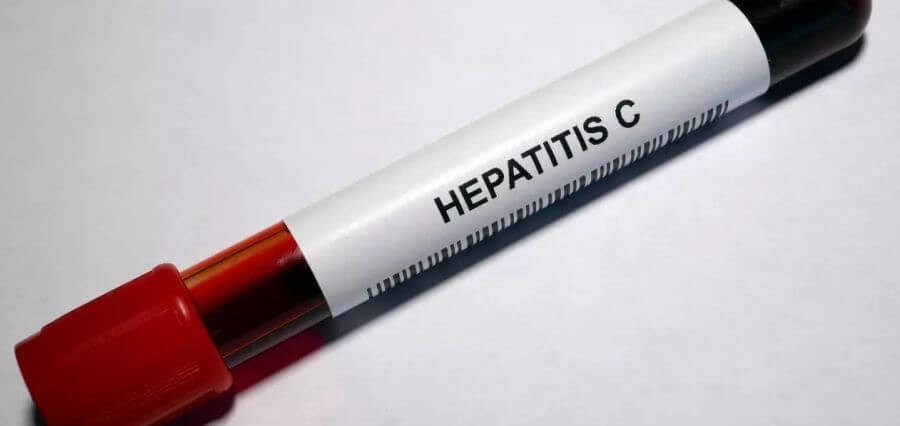Accelerating global efforts to eliminate hepatitis C, the World Health Organization has prequalified the first hepatitis C virus (HCV) self-test which can provide a critical support in expanding access to testing and diagnosis. OraQuick HCV self-test, manufactured by OraSure Technologies, is an extension of the pre-qualified, OraQuick HCV Rapid Antibody Test which was initially prequalified by WHO in 2017 for professional use.
Individuals are provided with a single kit containing the components that are needed to perform the self-test and it is generally designed for lay users. WHO recommended HCV self-testing (HCVST) in 2021 to support existing HCV testing services in countries. The suggestion was based on evidence demonstrating its ability to increase access to and uptake of services particularly among people who may not otherwise test. Unitaid largely supports National-level HCVST and they have shown high levels of acceptability and feasibility and empowering people through personal choice and access to stigma-free self-care services. “Every day 3500 lives are lost to viral hepatitis.
Of the 50 million people living with hepatitis C, only 36% had been diagnosed, and 20% have received curative treatment by the end of 2022,” says Dr Meg Doherty, WHO Director for the Department of Global HIV, Hepatitis and STI Programmes. “The addition of this product to the WHO prequalification list provides a safe and effective way to expand HCV testing and treatment services.
WHO’s prequalification (PQ) program for in vitro diagnostics (IVDs) evaluates a range of tests, including those used for the detection of antibodies to HCV. The programme assesses IVDs against quality, safety and performance standards. It is a cornerstone in supporting countries in achieving high-quality diagnosis and treatment monitoring.
Dr Rogério Gaspar, WHO Director for the Department of Regulation and Prequalification quoted “The availability of a WHO prequalified HCV self-test enables low- and middle-income countries have access to safe and affordable self-testing options which is essential to achieving the goal of 90% of all people with HCV to be diagnosed,” This achievement will improve the health-care access in low and middle-income countries. WHO will continue to support additional HCV self-tests, evidence-based implementation and work with communities to expand available options to all countries.
Read More: Click Here





